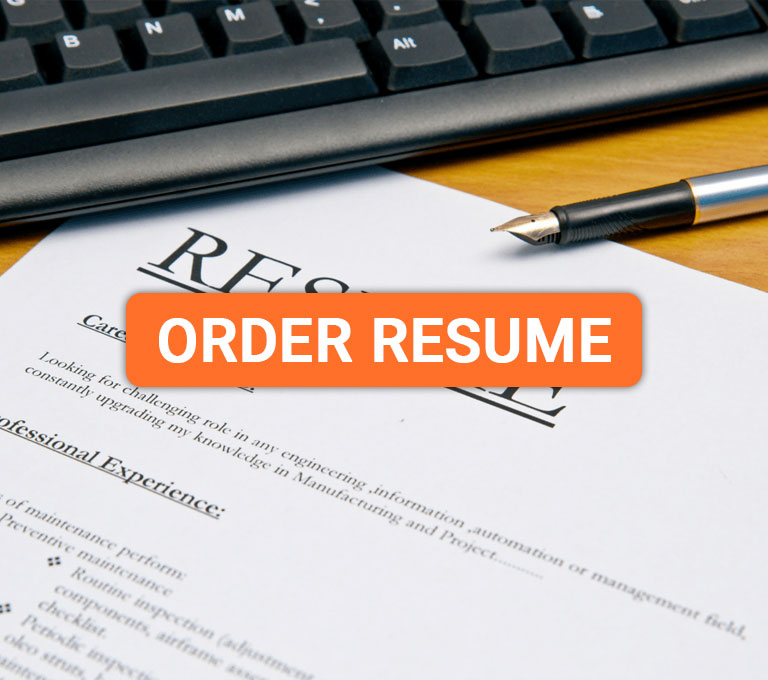Labor disputes with an employer – 6 basic rules
Labor disputes in the law field
In a labor dispute, the employee is the weakest side. At the same time, he has little choice of ways to protect his rights. You can contact the labor inspectorate and the prosecutor’s office.
But their work on complaints is often limited to documentary verification. If the employer provides the necessary documents, the complaint will be useless. You will have to prove your claims in court.
A statement of claim, evidence, calculations, witnesses – the one who decided to go to the end will face several months of litigation.
How labor disputes are resolved
Most labor disputes do not go to court. Although employers are not interested in inspections by supervisory authorities and legal disputes, in most cases the employee is unable to defend his interests.
Few know how to put forward their demands and achieve their fulfillment, how to behave in a stressful situation of dismissal or non-payment of wages. Not everyone succeeds in simultaneously transforming from a loyal employee into a tough negotiator.
The fact that people familiar with working together take part in a labor dispute also complicates the employee’s task of protecting his rights.
How to protect yourself in a labor dispute
If you come to a self-defense course, you will not be immediately taught to free yourself from grips and punch in the throat.
First, they will tell you about the basic rules that you need to follow to maintain life and health in a variety of situations.
So will I. First – the basic rules that need to be followed to defend your interests in labor disputes, in the following publications – an analysis of cases with typical situations and techniques.

Know your rights and responsibilities
This sentence is a standard topic for a school lesson. Relevant everywhere, always, suitable for any life situations. If you don’t know the rights, you don’t understand that they have been violated, you will not fulfill your obligations, and now you have already violated someone’s rights.
It’s easy to find out about your rights and obligations – the Labor Code, comments to it, forums of lawyers, and court practice are easy to find on the Internet. It’s a shame if you lose a labor dispute simply because you were too lazy to ask Google a question.
Be prepared to show evidence
Obligation to prove. Each party must prove the circumstances to which it refers as the basis for its claims and objections. Remember – you cannot prove that your rights have been violated – you cannot protect them. So collect proof of your case ahead of time. Do not lose important documents if you signed a new document related to labor relations – ask for a copy.
If you are not the owner of the company you work for, do not hope for a life-long contract and good relations – think in advance about what you will do in a dispute with the employer and how you will prove the strength of your position.
Make offers you can’t refuse
You can get the employer to accept the offer if you correctly present the merits of your offer and the unpleasant consequences that can occur if you refuse it.
The costs and publicity in the process of resolving a labor dispute, obvious violations, followed by fines, the amount of which clearly exceeds the number of the employer’s obligations to the employee, may well force the employer to accept the conditions offered by the employee.
Use remedies proportionate to the violation of your right
Lawyers often talk about this when commenting on the article of the Criminal Code on exceeding the limits of necessary defense.
“Inadequacy of protective equipment to the degree and nature of the danger of encroachment.”
If we discuss this the sphere of labor relations, it sounds something like this – if you were paid vacation pay not three days before the start of vacation, but one, this is not a reason to run with a complaint to the labor inspectorate. You are unlikely to win anything in such a dispute.
But if you were put out on the street without calculation and workbook, you are not limited in the choice of methods of influencing the employer that are not prohibited by law.
Keep promises
If you warned the employer that you will defend your rights – act. Until you start doing something, no one will take you seriously. The employer has already made his move – violated your rights. He will not take any other action until he sees what you have done in response.
Don’t believe don’t be afraid don’t ask
This phrase is well suited to a stressful situation in a labor dispute. If it is decided to fire you or not to pay you wages, it is useless to ask to change this decision. The rent for a rented apartment, mortgage, and student loans do not concern either the business owner who decided to lay off the staff or your boss, who simply does not like you.
You shouldn’t be surprised that your friends at work have become exes and are ready to expose a truant and a lazy person in your face – they are not fired, they continue to get paid, and people are ready for a lot for the sake of money. Do not believe anyone’s words, do not sign without thinking, any documents – in no case show your fear and uncertainty.
If you are required to sign a document “urgently”, do not do it – take time out until the next day, take the document with you – read it in a calm atmosphere. Even if you succumbed to pressure and verbally agreed to unfavorable conditions for yourself, no one bothers you to take your words back – you have no obligation to make concessions to those who violate your rights. And even if you are horrified by the situation in which you find yourself, demonstrate toughness and exactingness – only this will force the employer to negotiate with you.



